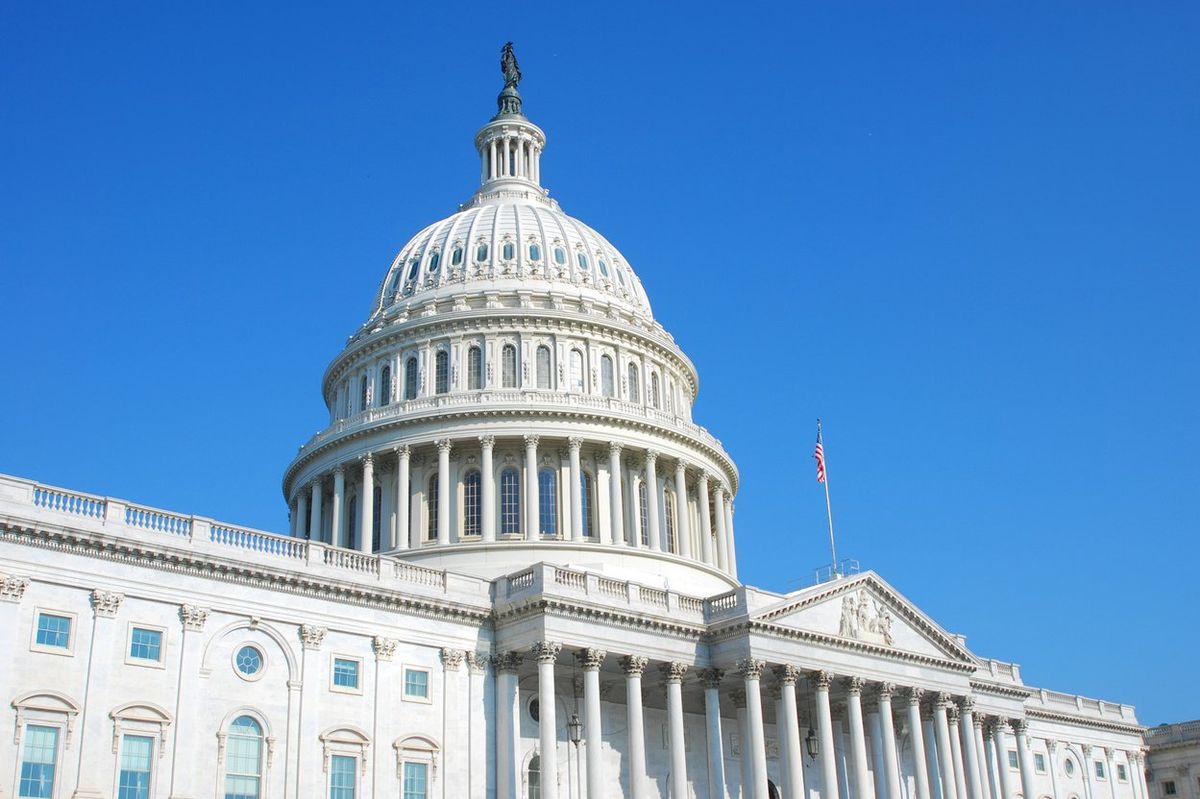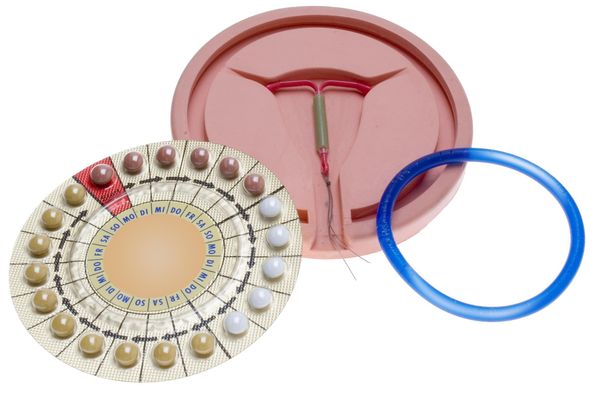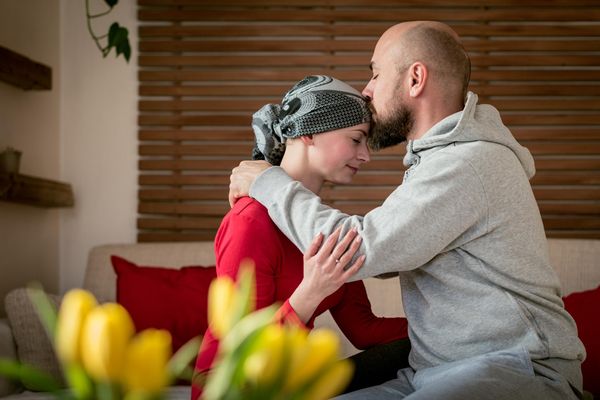WASHINGTON, September 18 — HealthyWomen, the nation’s leading independent nonprofit health resource for women, today came together with a diverse group of some of the nation’s most prominent women leaders on Capitol Hill to advocate for comprehensive obesity care and improved coverage. The fly-in commenced on the same day that the House Ways & Means Committee convened a hearing on investing in chronic disease prevention, for which obesity is a leading driver.
“For years, HealthyWomen has been working to educate women, reduce stigma and advocate for better treatment options and healthcare coverage for obesity,” says Beth Battaglino, RN-C, CEO of HealthyWomen. “I’m thrilled to be joining forces with other leading organizations who recognize obesity is a chronic disease and its causes go beyond lifestyle choices. It is important to remember that, like most chronic diseases, obesity requires a full continuum of care for effective treatment.”
United in their mission to advocate for comprehensive obesity care and improved coverage, the coalition of women leaders includes representation from the physician and patient community, as well as policy and advocacy experts. Among those making the case for expanded obesity coverage is Nancy Glick, director of food & nutrition policy at the National Consumers League, who shared insights on why it’s crucial to modernize obesity policy.
“Obesity is as big a health hazard as smoking, as deadly as opioid addiction, and it worsens over 230 chronic diseases, including heart disease and diabetes,” says Glick. “And yet, most Americans with obesity continue to be stigmatized and discriminated against, and fall through the cracks in our healthcare system. But we are not powerless in this fight. By moving past outdated policies and addressing obesity as the complex, chronic disease that it is, policymakers can improve lives and break down the barriers preventing far too many people from obtaining the quality care they deserve.”
Participating in today’s fly-in were leaders from the Society for Women’s Health Research, The American Medical Women’s Association, The National Menopause Foundation, The National Council on Aging, the Community Liver Alliance, and National Consumers League — whose voices carry a message on behalf of scores of organizations with an interest in the impact of obesity on women’s health.
Their goal is to catalyze tangible improvements in healthcare coverage, access to treatments and the overall quality of care for individuals living with obesity. By raising awareness and driving change, the group seeks to create a world where obesity is approached with empathy, understanding and comprehensive support.
Approximately 42% of American adults (more than two in five) have obesity, but women are disproportionately affected by the obesity epidemic — both in terms of their health outcomes and the economic costs of the disease. Prevalence rates of obesity among U.S. women are stunningly high and steadily climbing. According to statistics published by the National Institute of Diabetes and Digestive and Kidney Diseases (NIDDK), 56.9% of non-Hispanic Black women, 43.7% of Hispanic women, 39.8% of non-Hispanic white women and 17.2% of non-Hispanic Asian women are living with obesity.
While obesity in both men and women increases the risk of several health conditions, including cardiovascular diseases, high blood pressure, Type 2 diabetes, sleep apnea, stroke, mental illness, body pain and premature death, a 2021 Journal of Midlife Health article found that “women are at higher risk for developing obesity-related physical and psychological comorbidities and have a twofold higher mortality risk than overweight men.”
There has been a lot of progress in the way obesity is being viewed and discussed today, yet care and coverage for this chronic disease are still profoundly lagging.
But there is hope. This past July, the House Ways and Means Committee passed an amended version of the Treat and Reduce Obesity Act (TROA / H.R. 4818) and that is why these dynamic leaders devoted their time to Hill engagement this week. Their goal was to ensure that members of both the House Energy and Commerce and Senate Finance Committees understood that they had stakeholder support and the urgency of continuing to move TROA forward.
This important legislation would provide access to effective and evidence-based interventions for the chronic disease of obesity for many Medicare beneficiaries. It is a critical step on the pathway to ensuring equitable access to evidence-based care and support for all.
Let’s stand together in this movement to champion obesity care and coverage to shape a more inclusive and compassionate future for all.
Join the fight to increase access to obesity treatment by visiting HealthyWomen’s website!
###
About HealthyWomen
HealthyWomen is the nation’s leading independent, nonprofit health information source for women. HealthyWomen.org was the first website to comprehensively address women’s health and wellness issues and continues to educate women to make informed health decisions by providing objective, fact-based information. For more than 30 years, women have turned to HealthyWomen for answers to their most important healthcare questions. To learn more, please visit www.HealthyWomen.org. Follow HealthyWomen on Facebook, Twitter, Instagram and LinkedIn.







